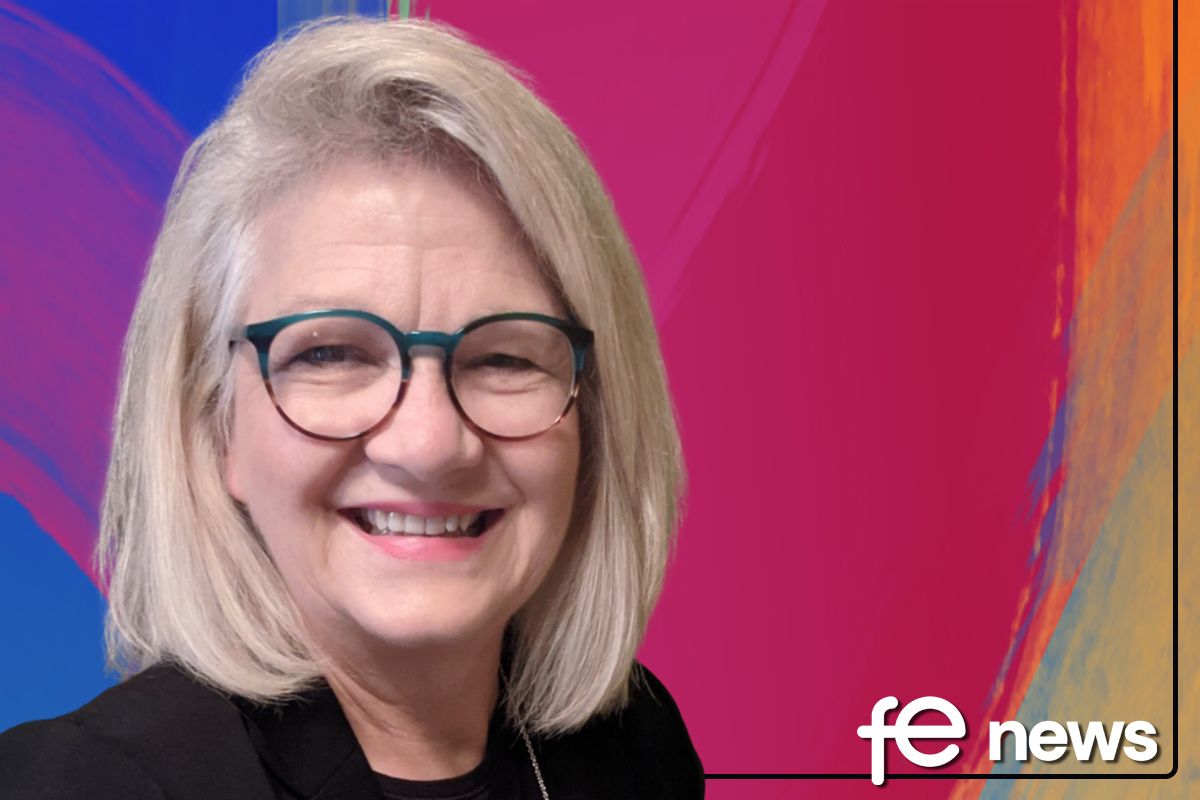#SkillsSkillsSkills – Guaranteeing apprenticeships for all

This week Robert Halfon MP for Harlow presented his vision for delivering the apprenticeship guarantee at an event organised by the Edge Foundation and chaired by journalist and television presenter, Steph McGovern. Sally Dicketts, CEO, Activate Learning and Andrew Churchill, Executive Chairman at JJ Churchill joined Olly Newton, Executive Director, Edge Foundation and Alice Barnard, CEO, Edge Foundation on a virtual panel to reflect on the speech and offer their thoughts.
Robert, Chair of the House of Commons Education Select Committee, argued that the economy had been changing and feeling the impact of automation, AI and robotics well before the COVID-19 pandemic.
He highlighted the mounting challenges facing those seeking apprenticeships before lockdown – including declining opportunities and levy funding aimed increasingly at middle management apprenticeships rather than kick-starting young people’s careers.
Echoing findings from Edge’s own report on the impact of Covid-19 on education, Robert suggested that the impact of the pandemic on the economy was severe. He said that he believed the strongest impacts would continue to be felt by younger people and the most disadvantaged families.
He reiterated his rallying cry, already backed by the Prime Minister, for the guarantee of an apprenticeship for any suitably qualified young person who wants one and called for “skills, skills, skills”.
https://www.youtube.com/watch?v=CyE7BcZ2eGY
Robert proposed that the guarantee should be delivered by:
- Rebalancing the Levy with the pot being used primarily on apprenticeships for 16-24 year olds and to tackle disadvantage.
- Looking to the public sector to lead the way, with a massive increase in jobs and apprenticeship opportunities. This should be delivered through a much higher target for public bodies, greater accountability and procurement.
- Providing financial support to small businesses and organisations. As the furlough scheme winds down, the £3 billion National Skills Fund should be used towards covering training costs and the first year of salary costs for small and medium businesses taking on young apprentices.
- Cutting red tape and sweeping away any remaining bureaucracy that surrounds the apprenticeship programme and makes it harder for small businesses and third sector organisations at the forefront of our recovery to engage.
- Radically expanding degree apprenticeships and reforming the levy so that much more can be used for degree apprentices. We should re-start the Degree Apprenticeship Development Fund (DADF). We need wage subsidies for employers taking on degree apprentices. Over the next decade, universities should work towards a target of 50 percent of their students undertaking degree-level apprenticeships.
- Putting apprenticeships at the centre of our overseas aid effort by transforming the existing ICS into an Apprenticeship Service Overseas (ASO).
Robert called for proper:
- Targets for schools in terms of encouraging their pupils to go on to apprenticeships;
- Enforcement of the Baker Clause;
- Engagement from Ofsted on this issue;
- UCAS-style system for FE, Skills and Apprenticeships;
- Destination data that puts getting an apprenticeship on a par with going to university;
- National Skills Service – a one-stop shop for careers advice and work experience, putting an end to the duplication of national careers organisations and giving every young person a quick and easy route into an apprenticeship.
We asked @halfon4harlowMP for his #EducationWish earlier this year.
Here is what he said…#EdgeDebate pic.twitter.com/C0gdoXsvxu
— The Edge Foundation (@ukEdge) June 30, 2020
The Edge Foundation are longstanding champions of apprenticeships and the amazing opportunities that they offer
As we set out in Our Plan for Apprenticeships, the ambition of more apprenticeships for young people is a brilliant one. But apprenticeships are fundamentally real jobs, so at this very challenging time for the economy, a significant injection of resources and support would be needed to make a reality of the guarantee.
Alice Barnard, CE), Edge Foundation talked about the importance of not losing focus on existing apprentices, with latest Sutton Trust research suggesting over a third have been furloughed.
Andrew Churchill, Executive Chairman of JJ Churchill, a family-owned SME that has been employing apprentices since its foundation, spoke passionately about the importance of a broad curriculum and plenty of opportunities for students to engage with employers like his to open up options like apprenticeships.
Olly Newton, Edge’s Executive Director, drew on our recent research report on the impact of Covid-19 to share lessons from international models like Austria and Australia, where apprenticeship training agencies are used to cut red tape for small businesses.
Sally Dicketts, Chief Executive of Activate Learning and President Elect of AoC, set out some of the amazing work that schools and colleges in her group, including Reading UTC, which featured in research by Edge and NFER, do to prepare young people with a broad curriculum, rich employer engagement and access to a full range of future options.
Edge welcome Robert Halfon’s enthusiasm and support for apprenticeships, we are grateful to him for placing this pathway front and centre in plans for the country’s economic the recovery.
Susan Higgins, Head of Communications, Edge Foundation











Responses